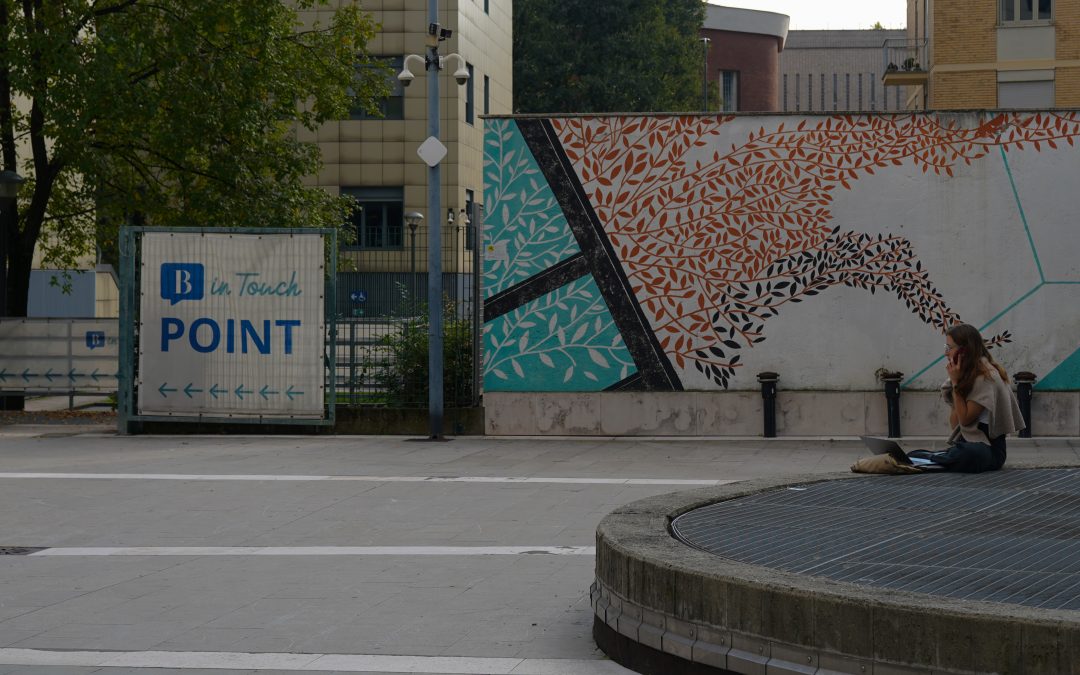How to Find a Job as an International Student in Italy
So, you’ve made it to Italy! You’re soaking in the beauty of piazzas, indulging in authentic pasta, and probably trying (not always successfully) to pronounce “gnocchi” without getting weird looks. But beyond the charm and carbs, reality hits: you need a job. Whether it’s to cover those cappuccino habits or because your bank account looks like it’s on a diet, here’s how you can navigate the job hunt in Italy as an international student.
Start with the Basics: The Part-Time Job Search
Italy is generous to its international students in terms of working while studying. You can work up to 20 hours per week as a non-EU student. Perfect, right? That’s just enough time to earn money and still explore the best gelato flavor.
But where do you start?
Language First! Knowing the language isn’t mandatory, but it helps a lot. Imagine being at an interview and having to use Google Translate to find the word “teamwork.” Awkward. But don’t worry, many part-time jobs don’t require fluency. First of all, in the big cities like Rome or Milan.
Where to Look: From Cafés to Campus
Italy’s part-time job scene for students is broader than just delivering pizzas. Here are some options:
Café Jobs
It’s Italy! Of course, cafés (or bars, as locals call them) are everywhere, often looking for part-time staff. The best part? Free coffee – you’ll need all the caffeine to juggle classes and work. Don’t be surprised if you learn to make espresso faster than you can finish reading Dante’s “Divine Comedy” (which, by the way, is a long, long book).
Retail
Shops often hire part-time workers, especially in big cities like Rome, Milan, and Florence. If you have some basic Italian and a smile, you might land a job in a clothing store or local market. And you’ll get to practice your bargaining skills when tourists try to haggle over scarves.
Tutoring
This is where you can shine. If your Italian isn’t great yet, but your English (or another language) is on point, you can tutor local students or even adults. English language schools and freelance tutoring are in high demand and flexible, which means more time for sightseeing on weekends!
Campus Jobs
Many universities have positions for student assistants, library staff, or event organizers. These jobs are fantastic because they often require fewer Italian skills, and your professors will smile a little brighter when they see you at work.
Use Technology: Your Best Friend
Who needs to walk around dropping off resumes in every store? Welcome to the 21st century, where job hunting happens mostly online. Here are a few websites that can help you find part-time jobs:
- Indeed Italy – This one’s your classic job board, with everything from tutoring positions to café jobs.
- Jobrapido – Another handy platform for searching for part-time gigs, but don’t be scared off by the Italian interface. Google Translate is your friend, as always!
- Universities’ Career Portals – Many Italian universities have job boards specifically for students. These are golden opportunities to find work-study jobs or gigs that understand your student schedule.
Networking: The Art of Italian Connections
Ah, la dolce vita. Italians love their social connections, which shows how they do business. Networking in Italy is key. You’ll want to make friends, talk to your professors, and ask around. Italians are more likely to hire someone they’ve met through a friend or colleague. And don’t underestimate your local café owner — they might know a family looking for an English tutor.
Tip: Invest in some conversational Italian! Even if you’re not fluent, showing that you’re trying will open doors (and hearts). Italians love to see foreigners embrace their language, even if it’s to mispronounce “pecorino” once in a while.
The Paperwork: Yes, You’ll Need a Permit
No matter where you come from, bureaucracy in Italy can sometimes feel like a wild ride. But here’s what you’ll need to know for your job-hunting process:
- Student Visa: You already have this, otherwise, how did you even get here?
- Work Permit: For non-EU students, once you land a job, you must apply for a work permit. The good news? It’s simple if you follow the steps correctly.
- Codice Fiscale: This is your Italian tax code; you’ll need it to get paid. It’s basically Italy’s way of saying, “Welcome to adulthood, where taxes exist!”
Stay Positive, and Embrace the Adventure
It’s important to remember that finding a job in Italy can take time. You might get rejected (probably because your “Buongiorno” sounded too English), or you may find that the job market isn’t always clear-cut. But don’t stress! Italy is all about patience, so relax and enjoy the journey. Keep networking, improving your Italian, and exploring.
Working while studying in Italy is an adventure. You’ll learn to balance work, school, and life while eating the best pasta in the world. Plus, you’ll have stories to tell, like when you tried to explain “time management” to your Italian boss, who waved it off with a “Tranquillo!”
Good luck, buona fortuna, and remember: even if you don’t find the perfect job right away, at least you’re in Italy. That’s already a win!


